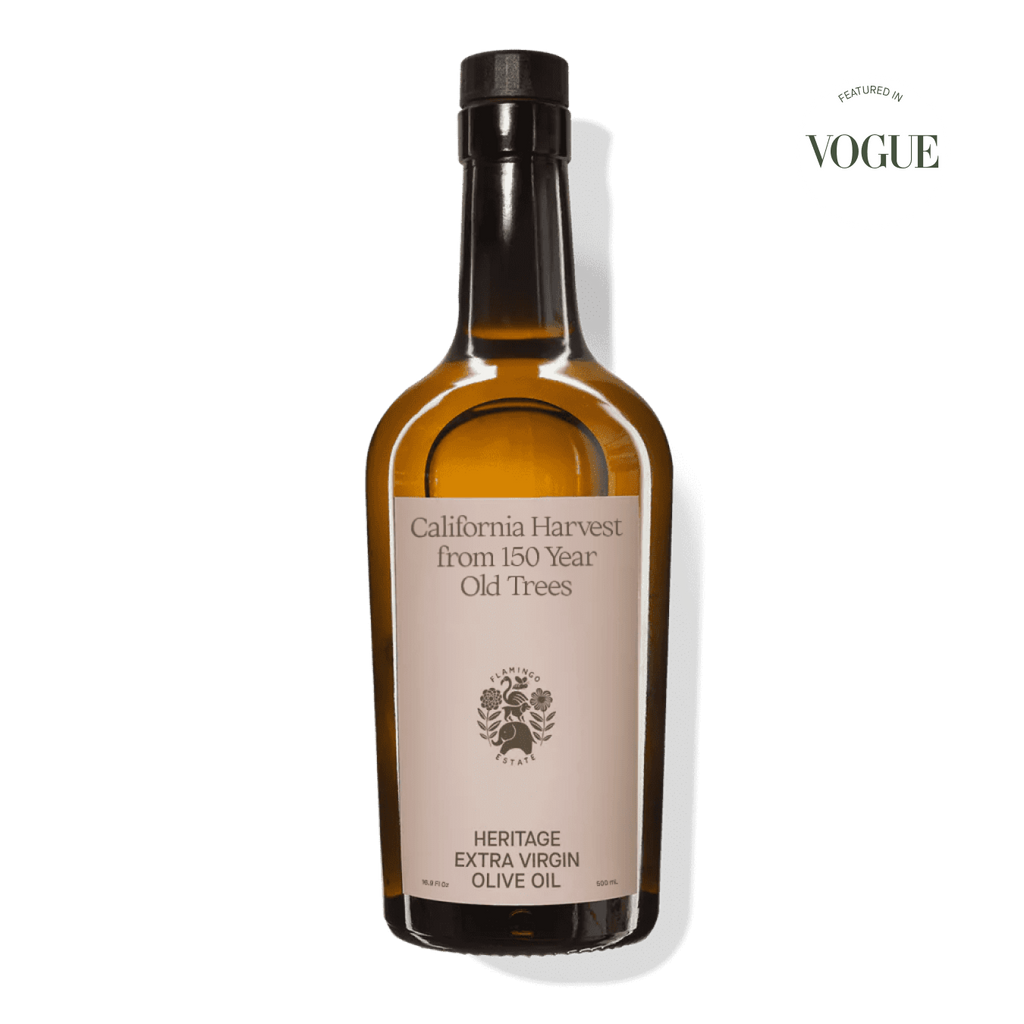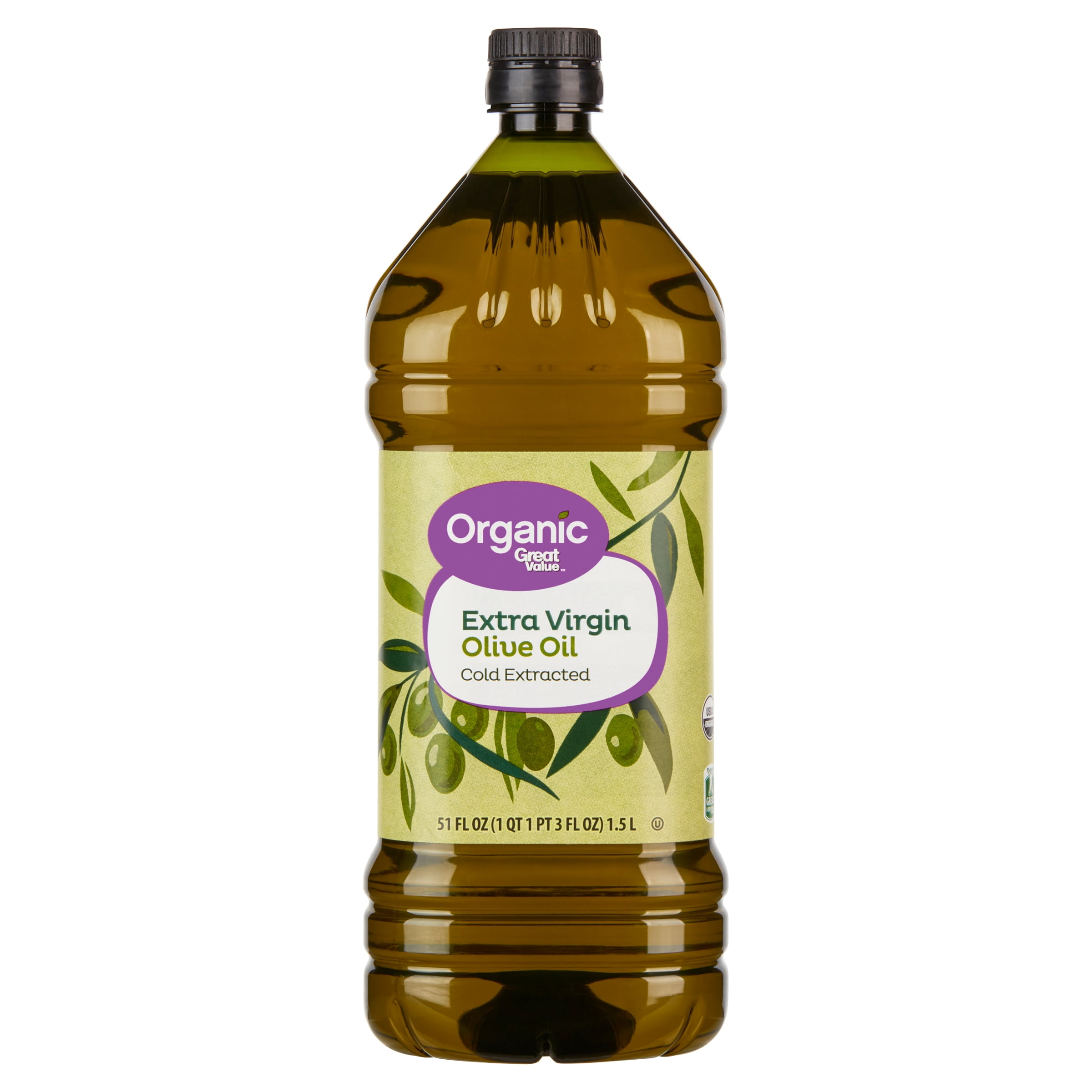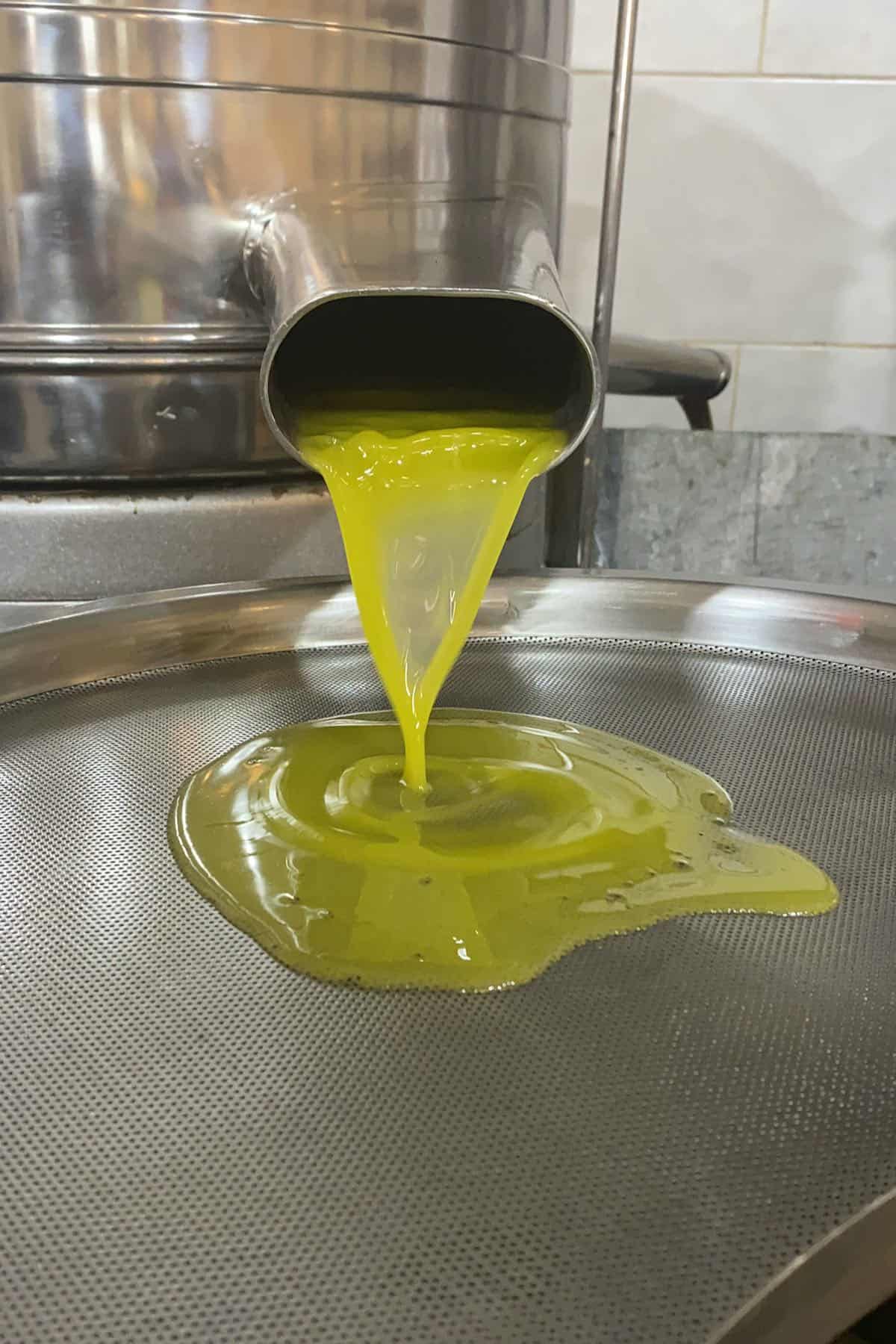Extra Virgin Olive Oil Benefits: The Secret to Healthier Hair and Nails
Extra Virgin Olive Oil Benefits: The Secret to Healthier Hair and Nails
Blog Article
Discovering the Various Kinds of Olive Oil and Their Uses, Consisting Of Additional Virgin Olive Oil
The exploration of olive oil includes a diverse variety of kinds, each offering distinctive tastes and culinary applications. Additional virgin olive oil, renowned for its premium quality and health and wellness advantages, serves as a staple in several kitchens, yet it is just one aspect of this complex ingredient.
What Is Olive Oil?
Originated from the fruit of the olive tree, olive oil is a staple in Mediterranean food and an essential active ingredient in numerous culinary applications. This versatile oil is created by pushing entire olives, causing a liquid that varies in flavor, color, and scent relying on the kind of olives used, the region of growing, and the extraction process. Olive oil is mainly made up of monounsaturated fats, specifically oleic acid, which is known for its potential health and wellness advantages, consisting of anti-inflammatory residential or commercial properties and cardiovascular support.
Along with its culinary uses, olive oil has a lengthy history of application in traditional medicine and skincare, owing to its rich antioxidant content (extra virgin olive oil benefits). The oil is typically used in dressings, marinates, and for cooking techniques such as sautéing and roasting. Its unique flavor profile can enhance the preference of numerous dishes, making it a vital component for both home cooks and professional cooks
In addition, olive oil is commemorated for its duty in the Mediterranean diet regimen, which is linked with countless health and wellness benefits. As awareness of these benefits grows, olive oil remains to obtain appeal worldwide as an essential component of a healthy and balanced way of living.
Kinds Of Olive Oil
Recognizing the various sorts of olive oil is vital for both culinary fanatics and health-conscious customers. Olive oil is identified mainly based upon its extraction method and top quality, which substantially influences its flavor, fragrance, and health benefits.

Light olive oil, despite its name, describes a lighter taste and not reduced calories. It is suitable for those seeking a more refined taste in dressings and marinates. In addition, there are flavorful olive oils instilled with herbs, seasonings, or citrus, which can boost meals without the need for extra flavoring.
Each kind of olive oil serves specific culinary purposes, and recognizing these distinctions enables consumers to make informed choices that straighten with their food preparation designs and wellness goals.
Extra Virgin Olive Oil
Additional virgin olive oil (EVOO) is commonly pertained to as the best olive oil offered, popular for its abundant taste and various wellness benefits. To be classified as additional virgin, the oil needs to be generated from fresh olives using mechanical procedures, without using solvents or extreme heat. This meticulous method preserves the oil's all-natural flavors, anti-oxidants, and healthy and balanced fats, resulting in an item with a low level of acidity level of much less than 0.8%.
EVOO is bountiful in monounsaturated fats, particularly oleic acid, which is connected to lowered swelling and enhanced heart wellness. It likewise contains polyphenols, effective antioxidants that might supply safety effects against persistent illness. The taste account of EVOO can vary substantially depending on the olive selection and area of production, ranging from verdant and fruity to durable and sharp.

Culinary Use Olive Oil

In food preparation, olive oil can be utilized for sautéing, toasting, and cooking, supplying a much healthier alternative to butter or other fats. Its high smoke factor makes it ideal for various cooking methods, while its anti-oxidants add to a heart-healthy diet plan. Drizzling olive oil over finished recipes, such as pasta, fish, or smoked veggies, can raise flavors and add a touch of elegance.
Furthermore, olive oil plays a significant function in cooking, where it can replace traditional fats in recipes for bread and pastries, presenting wetness and a refined taste. It likewise functions as a base for instilled oils, permitting chefs to trying out tastes such as garlic, herbs, or chili, additionally expanding its culinary possibility. Overall, olive oil's flexibility makes it important in both home and expert kitchen areas.
Choosing Quality Olive Oil
When picking top quality olive oil, it's vital to take into consideration several key variables that affect the product's health, flavor, and aroma advantages. Decide for extra virgin olive oil (EVOO), which is obtained from the initial chilly pressing of olives and consists of the highest levels of antioxidants and helpful compounds. Look for oils that are licensed by acknowledged companies, as this typically makes certain adherence to stringent quality requirements.
The packaging likewise plays a substantial duty in preserving the oil's honesty. Choose oils stored in dark glass containers or tins to protect against light deterioration. Focus on the harvest day; fresher oils supply remarkable taste and dietary value, so choose products that are within 18 months of their harvest.
Be conscious of the taste; a good top quality olive oil ought to have an equilibrium of fruity, bitter, and peppery notes, indicating its richness and complexity. By reviewing these variables, you can ensure you are choosing the ideal olive oil for your culinary requirements.
Final Thought
In recap, the expedition of numerous types of olive oil reveals distinctive attributes and applications, with extra virgin olive oil representing the More hints pinnacle of top quality due to its low level of acidity and high antioxidant content. Recognizing the different varieties of olive oil enables for informed options in food preparation techniques, promoting healthier practices while enriching the general gastronomic experience.
Derived from the fruit of the olive tree, olive oil is a staple in Mediterranean food and an essential component in different cooking applications.The most usual kinds of olive oil include refined olive oil, pure olive oil, and light olive oil.Additional virgin olive oil (EVOO) is commonly pertained to as the highest high quality olive oil available, well known for its rich flavor and countless health benefits. Decide for additional virgin olive oil (EVOO), which is derived from the very first cold pushing of olives and consists of the highest levels of anti-oxidants and useful compounds.In recap, the expedition of different kinds of olive oil discloses distinctive characteristics and applications, with additional virgin olive oil standing for the peak of top quality due to its low level of acidity and high antioxidant material.
Report this page